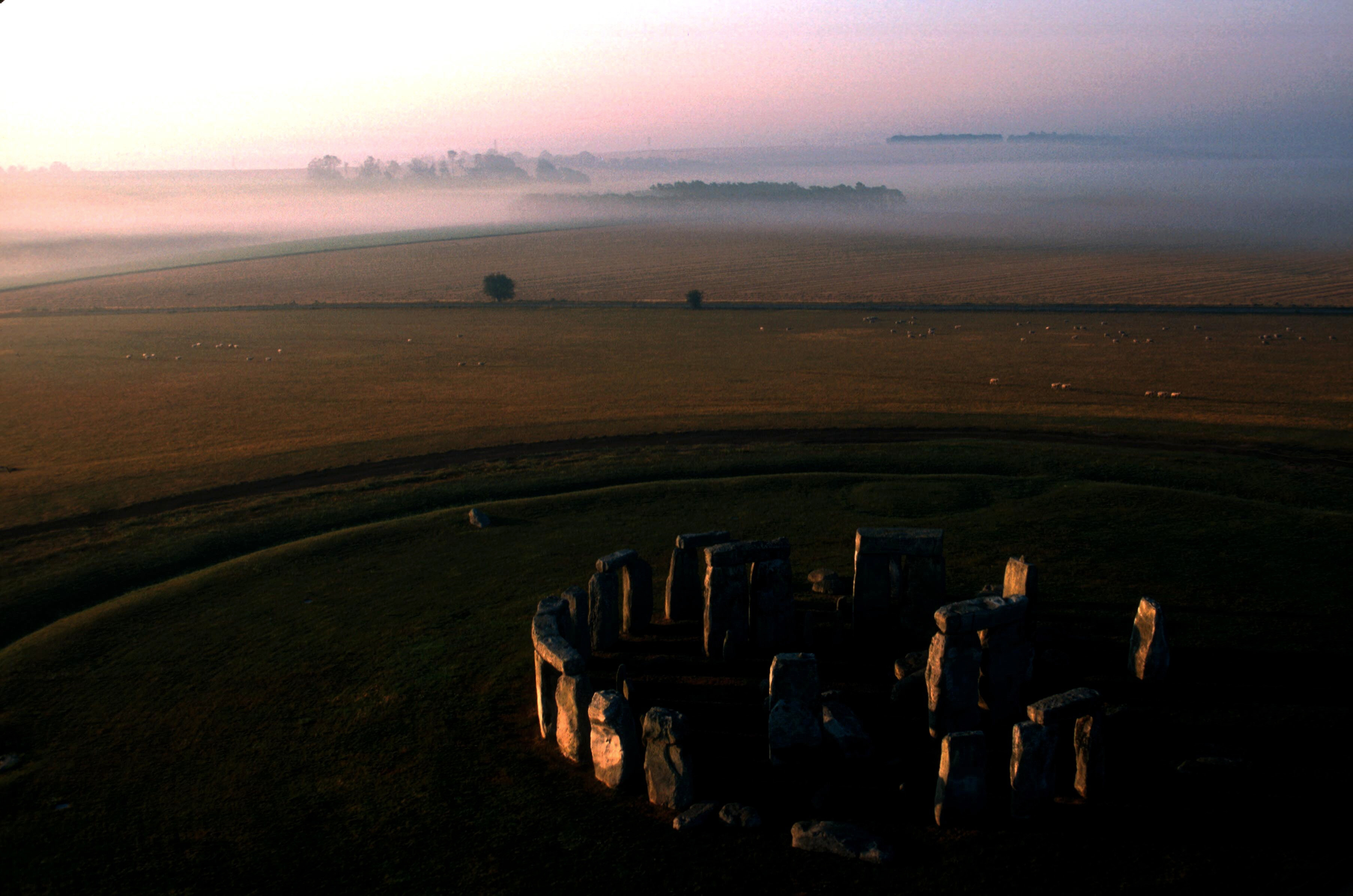Jason Goodwin's books of the year 2022
Our columnist Jason Goodwin shares the books that have entertained and enlightened him this year.

From time to time, I’m asked to give a talk and I always say yes, because writing is lonely and it’s nice to be in a room full of people, especially when they might want to hear what you have to say. Strangers usually give you the benefit of the doubt. I once did a book tour in America accompanied by my son and, as I entertained the good people of Jackson or San Diego, he went to the furthest part of the bookshop and hummed, with his fingers in his ears.
Like Boris Johnson, I don’t do these speaking gigs for nothing. When I was tidying my study last week, I was thrilled to discover a book token I’d been given for a talk at Daunt Books. It’s the sort of money that buys quite a lot of my time and lots of books, so my plan is to start with Annie Freud’s poems in her first collection, The Best Man That Ever Was. Annie is a grown-up, and the poems are not at all Fotherington-Tomas. She sees them as little films; they are full of oddities and slapstick and tell intriguing stories that make you laugh and think.
The same is true of Isabel Bannerman’s new book, Husbandry, about her and Julian making a garden in Somerset and also about being married and children and roses and lawns and a lot else besides. It is so out of the ordinary, so fantastically written, clever and very funny, that I might get two of them: husband-and-wife copies.
Nomads traditionally inhabit the world as if it were a garden. Anthony Sattin’s Nomads: The Wanderers Who Shaped Our World explores the story of our other selves, those roaming peoples from whom we are all descended. Creators of vast empires, traders and catalysts, nomads live now on the margins, but he shows they may have something yet to teach us.
Nomads still roam the Stans of Asia, where Brigid Keenan’s husband was ambassador. She starts where Eric Newby leaves off: her confessional Diplomatic Baggage, recently reissued, makes me hoot; her memoir of the fashion trade contains simply one of the funniest scenes in 21st-century literature. I’m getting them both for friends.
John Llewellyn Rhys died young at the start of the Second World War and gave his name to a distinguished literary prize for the under-35s. He was a passionate and skilled flyer between the wars and his novel The Flying Shadow is for anyone with a love of the sky, full of understated flying talk from the golden age of aeronautics, split-arse pilots and invitations to Suck Up at the bar. Both his slim books have been beautifully republished by Handheld Press.
Reissuing travel classics is Eland’s stock-in-trade, but the publisher also works with living authors — it has recently reprinted all Jonathan Raban’s titles. Now, a compendium On Travel and the Journey through Life, quotes wisdom from Pliny to Paul Theroux. A. N. Wilson’s own life journey is addressed in Confessions: A Life of Failed Promises and I shall send friends on a scientific and psychedelic trip with Merlin Sheldrake’s Entangled Life, about the fungal underworld.
Exquisite houses, the beauty of Nature, and how to get the most from your life, straight to your inbox.
I feel a wave of affection for people who write: it seems the quietest, least attention-seeking form of communication. Silent, but for the reader’s sighs or laughter, and the occasional flicker of paper as the page is turned. Collaborative and private. Characters in novels don’t give fatuous interviews to the press, authors are rarely pressured into sleeping with their publishers and books are blessedly free of wires and plugs. It’s all so modest. And if you want a speaker for the price of a book token, drop me a line.

Credit: Alamy
Jason Goodwin: 'We have books all over the floors and carpets on the furniture'
Our columnist Jason Goodwin talks about jam jars, duvets and the books which are taking over his house.

Jason Goodwin: 'The legal and democratic system that flourishes across a third of the world was hammered together on these shores'
Jason Goodwin reflects on the present's increasing ability to reflect on the past, whether through radio programs, photograph albums or

A message of hope: ‘Humanity may be on course to destroy the planet, but we know how to stop it, we can afford to stop it and we have the technology to stop it’
We know we’ve caused global warming, but we can stop making it worse, says John Gummer, chair of the Climate

Jason Goodwin: 'What gets lost will be forever lost, whereas pylons, cars and trains may be rendered obsolete'
Jason Goodwin muses on economics, Stonehenge and social media.

Credit: Alamy Stock Photo